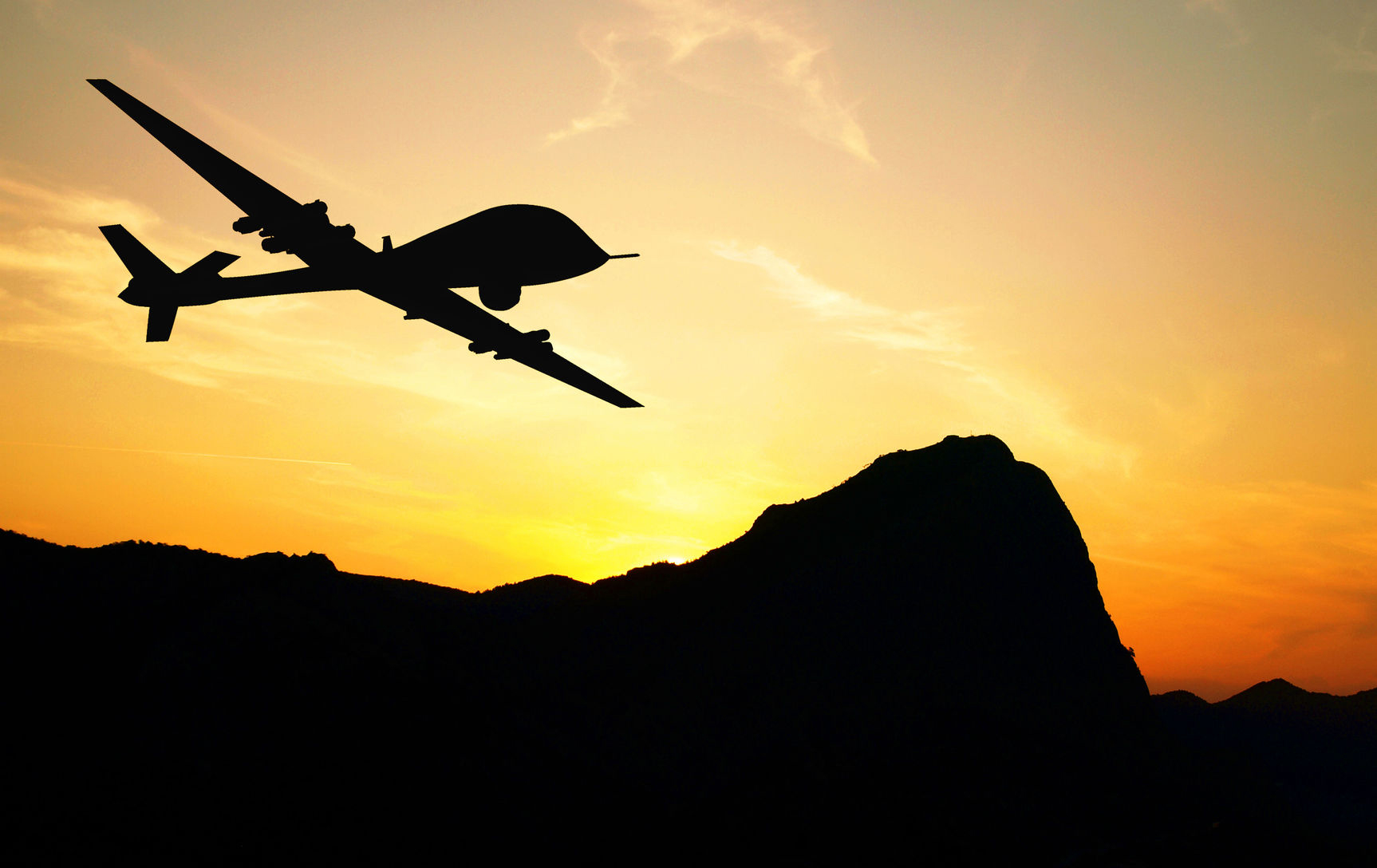Unless some unforeseen miracle happens for Donald Trump, Hawkish Hillary (at least as accurate a nickname as Crooked Hillary) is likely to be the next president of the United States. Although Hillary has run legitimate political ads implying that Trump’s temperament is too volatile to be left with command of the military, especially nuclear weapons, Americans may not be all that safe with Hillary either.
Throughout her career, Hillary supported her husband’s bombing of Serbia and Kosovo and George W. Bush’s aggressive invasion of Iraq, as well as pushing Barack Obama to attack Libya and overthrow Muammar Gaddafi. As Secretary of State, Hillary looked at the chaos caused by removing a dictator in a fractured developing country—Iraq—and then pressured Obama to do the same in Libya. So Trump’s accusation that Hillary has poor judgment is not far off the mark.
More important for the future, Secretary Clinton also unsuccessfully urged Obama to get more deeply involved in Syria’s complicated, multi-sided, and bloody civil war. She advocated augmenting lethal aid to the Syrian opposition and creating a no fly zone to protect these forces and civilians. So if she wins power in the election, she may very well go farther down the road to enmeshing the U.S. military in another unwinnable quagmire, much like the ones in Afghanistan and Iraq.
Despite the 400,000 deaths already, Syria’s civil strife is likely to continue for long while, because everyone seems to be fighting everybody else in the multi-sided bloodbath and because outside forces—such as the Russia, Iran, the militant group Hezbollah, Turkey, the Persian Gulf Arab states, and the United States—are stoking the conflict by assisting either the inherently weak Syrian government or its many lackluster opposition groups.
The United States recently got its wish as the powerful Turkish military took a greater role in the neighboring civil war by invading Syria. However, it seems that the Turks have been more interested in throwing back the advancing Syrian Kurds, the United States’ most effective ally against the brutal ISIS opposition group, than in destroying ISIS. The fact that two of the most effective U.S. allies are fighting each other should give Barack Obama and any incoming American administration pause.
The main U.S. problem in the conflict is its pursuit of incompatible objectives. The United States is trying to overthrow the Assad government in Syria, while decimating or destroying the opposition ISIS group, keeping its Turkish ally happy, staying friends with the rival Kurds, and avoiding getting sucked more deeply into the quicksand.
The top U.S. priority has changed from overthrowing Assad to weakening his ISIS opposition. However, even if the United States and its allies take most of ISIS’s territory in Iraq and Syria, the group likely will continue to fight on using guerilla and terrorist tactics. The problem is that the other parties in the conflict have higher priorities than weakening ISIS. Although Russia, Iran, and Hezbollah are no friends of the heinous Sunni group, they have as their top priority keeping Assad in power and in charge of as much Syrian territory as possible; they want to weaken other opposition groups first, including those supported by the United States, so they can then say “its Assad or ISIS.” In contrast, U.S. allies—Turkey and the Sunni Gulf states—place a high priority on getting rid of Assad and thus weakening his ally Shi’i Iran. Also, the Turks, despite recent ISIS attacks on their soil, seem to be more concerned about the Syrian Kurds (allied with the opposition Kurds in Turkey) consolidating territory held along the Turkish border.
With the Russians, Iranians, and Hezbollah Shi’i militants assisting Assad, the likelihood that he will leave power is very low. And any increase in arms or assistance that United States or the Gulf states give moderate Syrian opposition groups ultimately might fall into the hands of the al Qaeda affiliate in Syria or other nefarious Islamist groups, which fight intermingled with more moderate opposition forces; in warfare, the most brutal and aggressive factions usually end up with the provisions. In the past, the United States has had a knack for creating (or strengthening) future enemies—for example, al Qaeda by assisting the Mujahideen in Afghanistan in the 1980s and ISIS by invading Iraq in 2003. Aiding opposition forces in Syria may already be doing this again. Furthermore, a “no fly zone” likely could put U.S. aircraft in conflict with Russian and Syrian aircraft and ground-based anti-aircraft missiles, thus possibly turning a civil war into something much bigger and nastier.
The smart policy for any incoming president would be to use the opportunity of an administration change to study the state of the Syrian mayhem and then end all U.S. involvement. ISIS was a threat only to the Middle East region until the U.S. coalition, which includes European countries, began bombing ISIS, which then retaliated by increasing attacks on European targets. Regional threats are best left to regional countries to counter, and when your enemies are fighting (ISIS and al Qaeda versus Assad, Iran, Russia, and Hezbollah), don’t get in the way—especially in a non-strategic place such as Syria. Russia may get more influence in the region, but it is still fairly weak and severely stretched with a slack oil-dominated economy and its bog in Ukraine. Letting it preside over an intractable civil war in Syria for many years will complete the overstretch. In the meantime, the United States can concentrate on renewing its own sluggish economy and power—instead of further dissipating it in Syria—and keeping its powder dry for more important threats—perhaps a rising China?

















